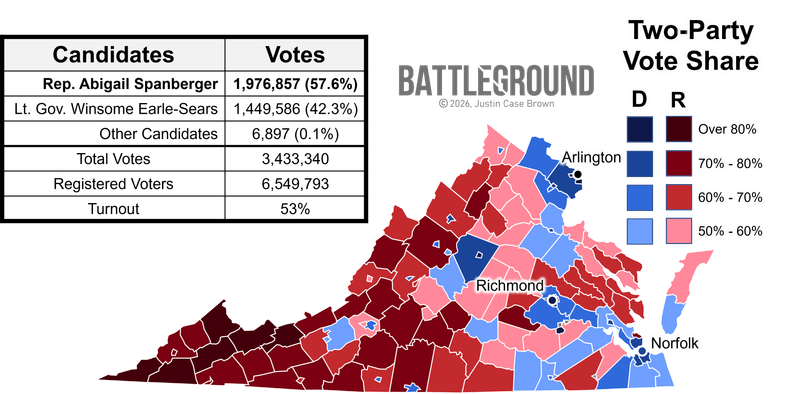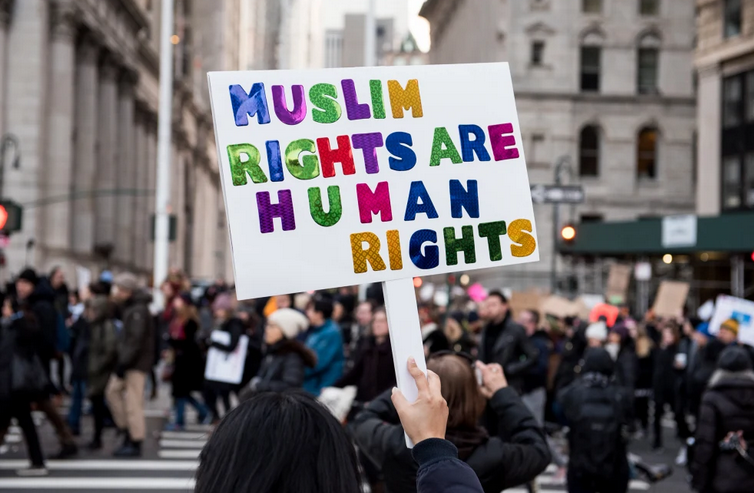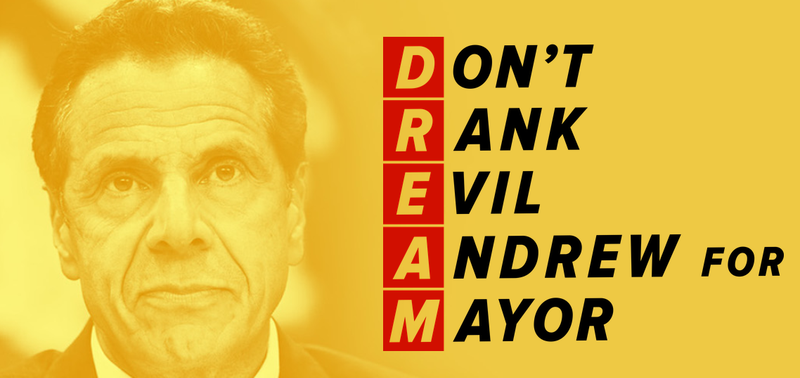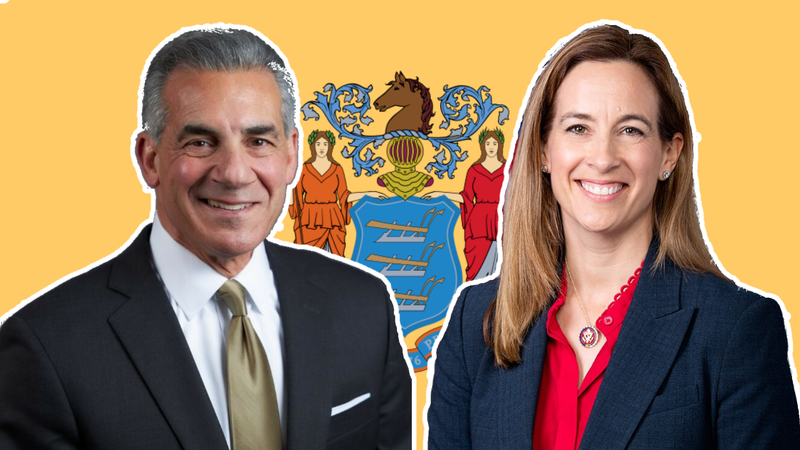How Iowa's Farm Crisis Shaped Its 2020 Election Results
Learn how the farm crisis of the 1980s completely changed political dynamics in Iowa.
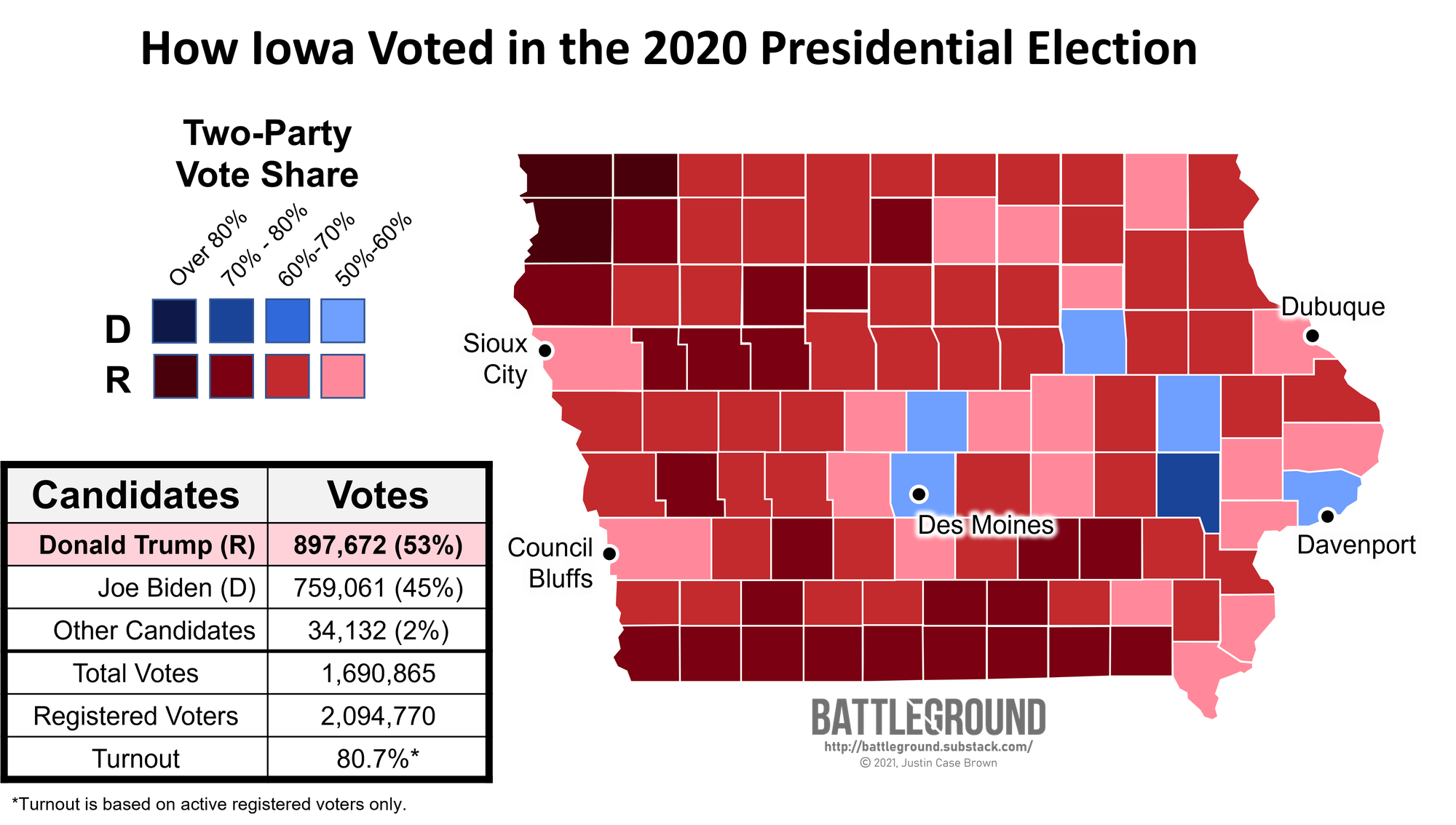
Topline Takeaways
- The farm crisis of the 1980s forcefully reshaped Iowa politics in favor of Democrats but persistent neglect opened the door for Donald Trump to recapture the state for Republicans.
- The state has a history of supporting populist movements amidst struggles with right-wing extremism, further bolstering future Republican prospects.
- Fears of economic insecurity power the state's reversion to the right, putting a spotlight on voters' willingness to turn away from social liberalism.
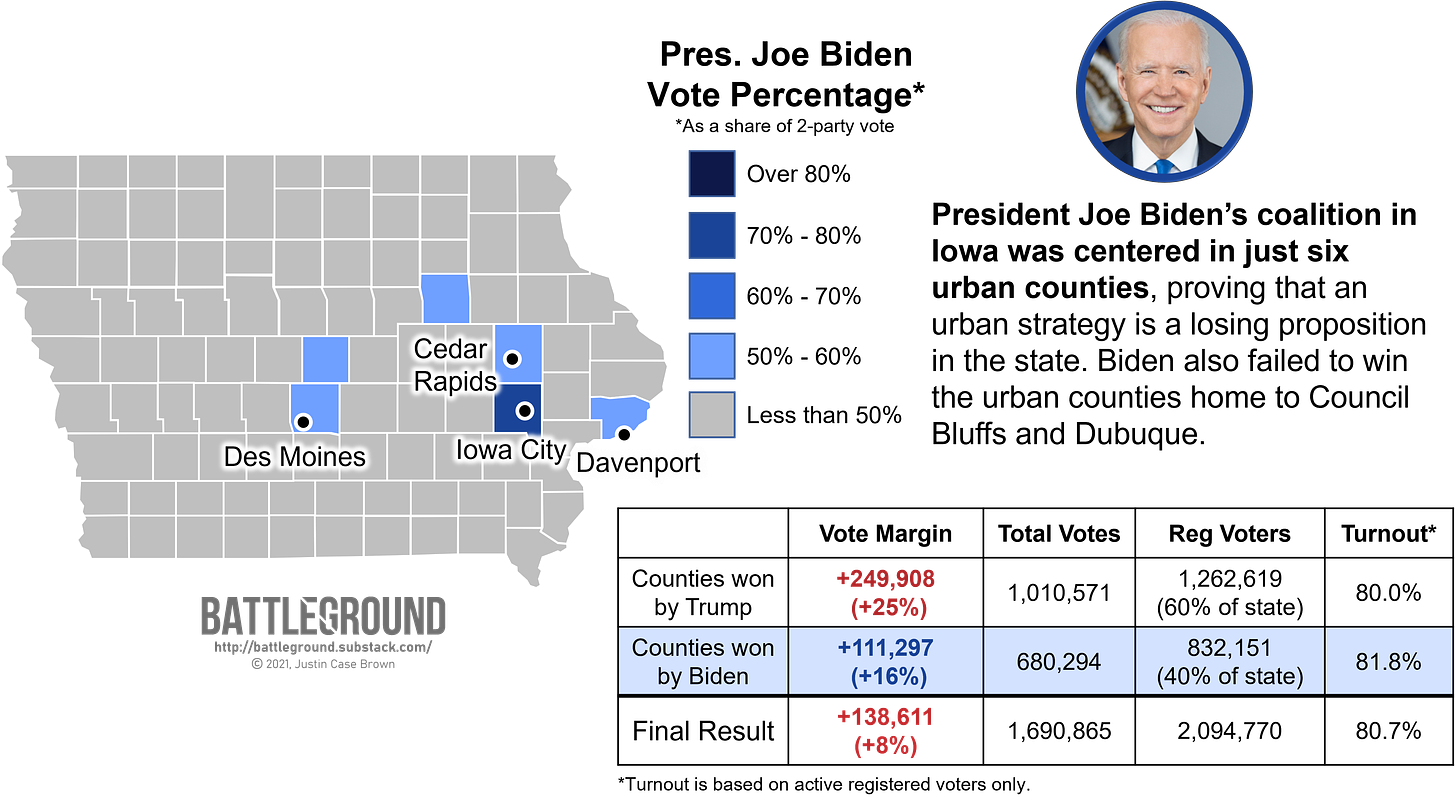
Iowa Democrats’ urban coalition did Biden no favors in 2020. Despite voting for Democrats in six of the seven presidential elections prior to 2016, the state cemented its rightward lean in 2020. For a heavily White state comprised mostly of farmland, its a bit of a shock to some that Iowa used to be very welcoming to Democrats. Unlike many states in the South, Iowa doesn’t have a long-standing connection to the Democratic party. Its willingness to support Democratic candidates is still somewhat recent, largely due to the farm crisis of the 1980s.
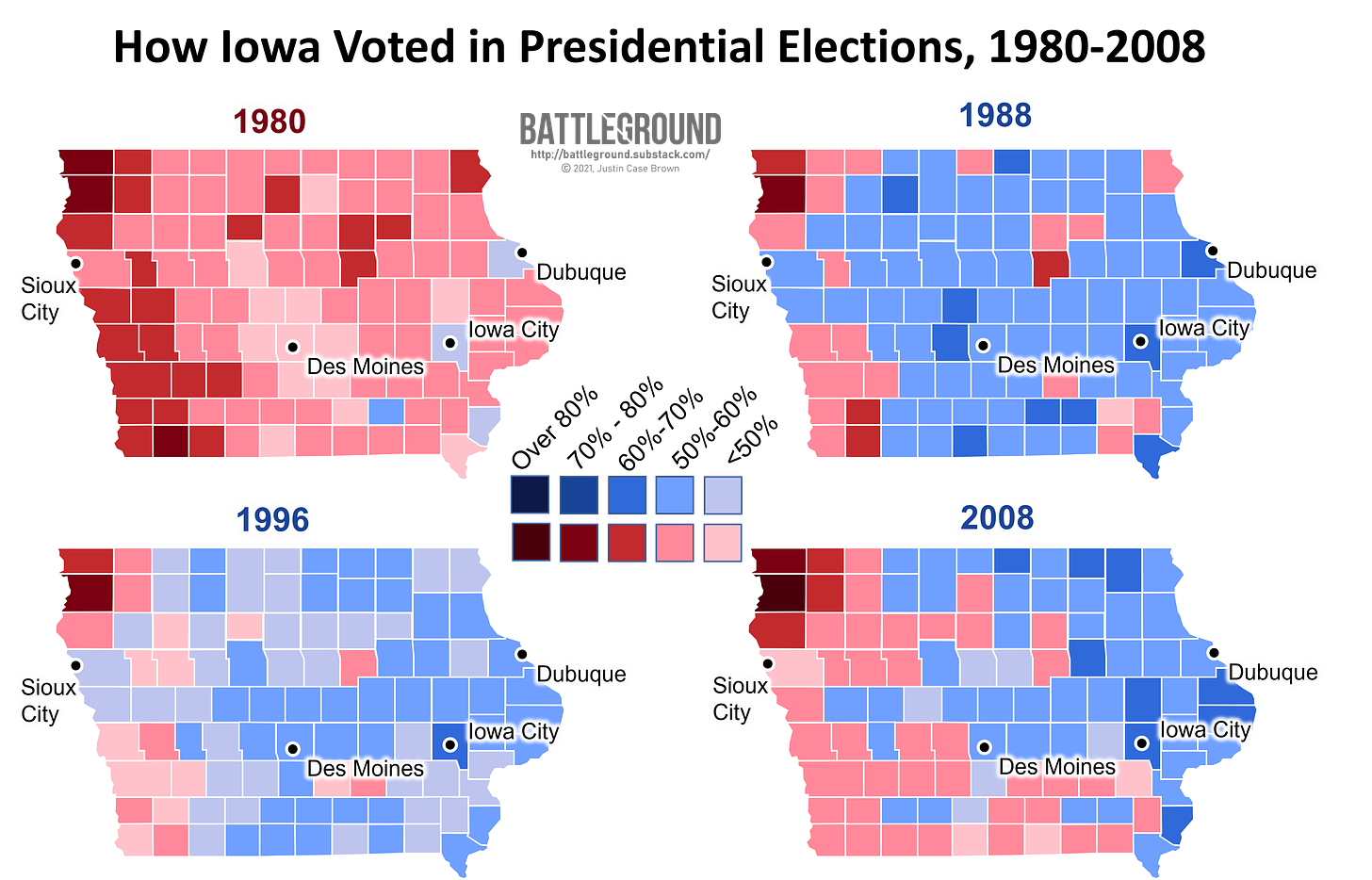
Prior to the 1980s, Iowa leaned toward Republicans, supporting Republican candidates in 70% of presidential elections throughout the 20th century. A confluence of economic factors hit family farmers hard during the Reagan administration which culminated in widespread foreclosures and defaults on debts. Much of the government agricultural aid during this crisis was funneled toward large corporate farms, exacerbating inequality and forcing many smaller farms into economic ruin as they struggled to compete. This created an acute problem for areas in the northeastern region of the state: a portion of the Driftless Area where smaller farms were common due to the prevalence of rugged river valleys that were unsuitable for row-cropping. (Be sure to check out my upcoming post on Wisconsin where I dive more deeply into the Driftless Area.)
This crisis created a full-on revolt with voters organizing into coalitions like the Iowa Farm Unity Coalition and the North American Farm Alliance. These groups specifically leaned on advocacy and organization tactics pioneered by progressive activists in the civil rights movement and protests against the Vietnam War. As such, these farmers increasingly aligned themselves with liberals as they believed that the only way to end the economic crisis was to topple the conservative Reagan administration and regain political power in Washington. This directly led to the election of Sen. Tom Harkin, a Democrat who represented the state in Congress for 30 years and authored the Americans for Disabilities Act. In the following presidential election, the state swung by a whopping 18 points towards Democrats, being one of only 10 states to vote for Michael Dukakis over George H.W. Bush in 1988. This trend continued all the way through 2012 (with a slight hiccup during George W. Bush’s re-election campaign, giving him the win by less than a point.)
Then Trump came to town…
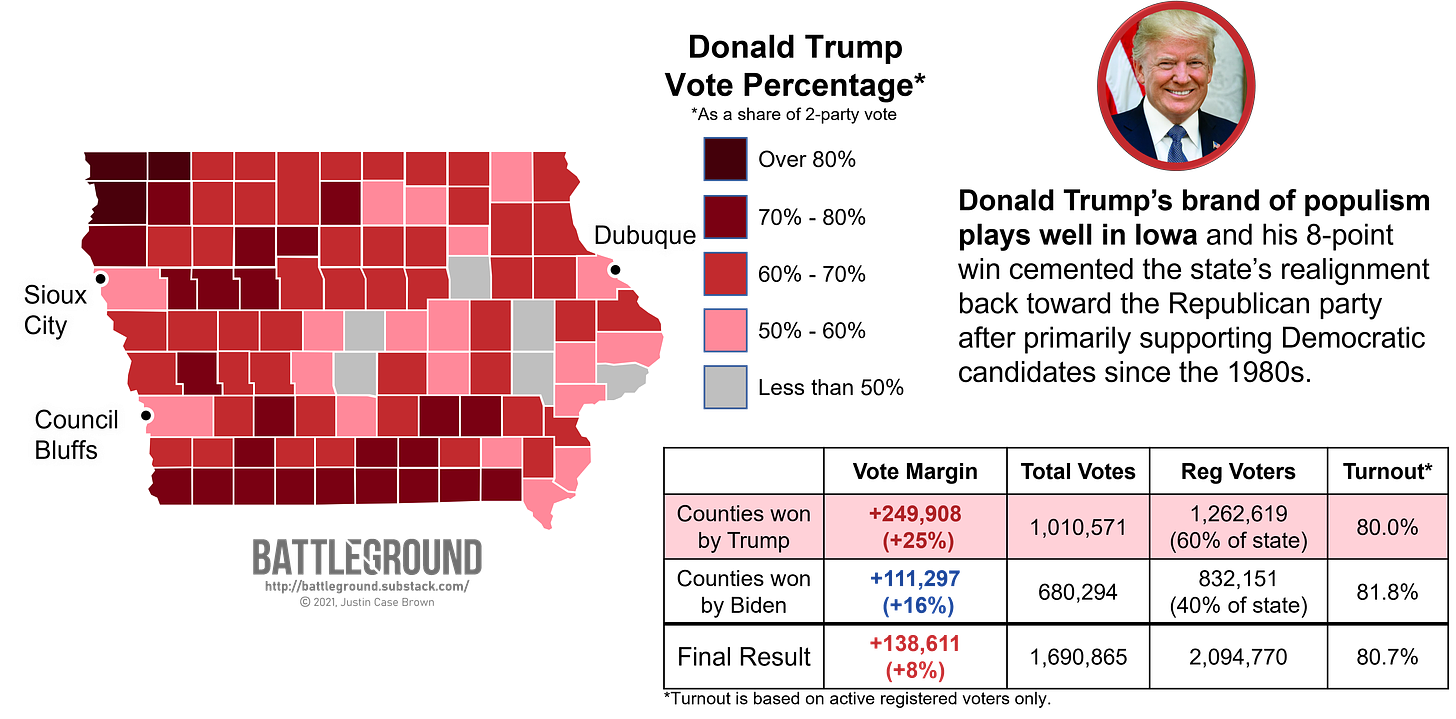
“One of the big stories of the [1980s] was the growth of right-wing extremism in the countryside. Although the Posse Comitatus attracted the most attention, many promoters of conspiracy theories, anti-Semitism, and other mean-spirited notions found fertile soil for their ideas in rural America.
- An excerpt from “Using History to Make History? Progressive Farm Organizing During the Farm Revolt of the 1980s” by William C. Pratt.
While a large majority of Iowa voters shifted toward Democrats in the 1980s, the farm insurgencies held a strong strain of populism that festered in some corners of the state, morphing into right-wing extremism. For many, this sat squarely at odds with what they previously thought about their neighbors. An eye opening Reddit thread specifically asks why so many rural voters in Iowa (and neighboring states) previously supported Democratic candidates. I’ve copied some responses below:
“A lot of people even more rural than me care about what will help the manufacturing and farming economy, and a lot of us just plain don’t like assholes or liars. People care a lot about morality, patriotism, politeness, and doing the right thing.”
“Hill country. The upswing in Democratic voting followed the uptick in organic farming. Organic farming centered on Viroqua. Large operators can’t excel where graziers can, therefore small farms flourished in this region.”
“I grew up in eastern Iowa. My county is very heavily traditional Catholics. Very white, lots of old people, farmers, and working class. But blue...very, very blue.”
“Because they have values, morals and lifestyles that mimic that of Canadians more so than most parts of the US.”
“I’m from Iowa and I think it’s just a unique area. It’s important to separate religious from rural from industrial. It’s very rural but not very religious. People are much more open minded then surrounding areas in my opinion.”
Donald Trump’s first campaign in 2016 challenged many of these opinions as his antics invited right-wing extremists out of the shadows and into the fold of the Republican party. He preyed upon the region’s obsession with ‘unfair’ trade deals and successfully led many Obama voters to switch parties. The 2016 election is best known for the tug-of-war that ensued over its autopsy: was it economic insecurity or racial animosity that shifted voters toward Trump? Iowa is a fantastic example to prove that both answers are correct; our time is better spent dissecting how they’re intertwined rather than treating them as two exclusive hypotheses.
With the historical context of the 1980s farm revolts, Trump’s campaigns hearken back to the populism of the decade by convincing farmers that they’ve been left behind and that he is the agent of change. Since much of the prosperity of the 2010s was concentrated in cities, many believed that the Obama administration had reneged on its promises to rural America. I completely believe that voters’ willingness to vote for Trump is firmly rooted in fear of economic insecurity and I believe that willingness does not exist in voters who are actively anti-racist. The sad truth is that while these rural voters may not have explicitly supported Trump’s brash approach to social issues, most were willing to look past his lies and insults if it meant the return of prosperity. Trump’s campaign rests almost entirely on a false dichotomy: forcing voters to make a choice between economic prosperity and social liberalism. Many Iowans proved, both in 2016 and 2020 that these supposed ideals of “morality” and “politeness” are only honored during prosperous times. When things get tough (as they did during the pandemic) populism roars back, following the regional adage: “Raise less corn and more hell!”
Forecasting the Future: Due to the state’s relatively homogeneous population (a majority of Iowa residents can be described as White, over the age of 35 and earning a middle class income) politicians can’t target identity-based subgroups as they do in more diverse urban areas. In addition to its demographics, the state regularly has high turnout for its elections, meaning candidates can’t rely as much on rallying their base with red-meat issues to come out ahead. This creates the perception that Iowa is home to a large batch of “persuadable voters.” I’m not too convinced... Instead, I think there’s recent evidence to support that Iowa voters are currently “change-obsessed voters.” Due to the persistent struggles faced in rural America, these voters rarely follow the “experts” or “the establishment” and are easily wooed by candidates that promise something different. From Dukakis and Harkin in the 1980s to Obama and Trump in the 2010s, all of these candidates ran on a commitment to upending the status quo. It’s not so much about “persuading” these voters to vote for change, they already know what they’re looking for, it’s instead a contest between candidates to see who can color themselves the best in the hue of change. As long as Democrats position themselves opposite the forces of Trumpism, expect Iowa to remain pretty firmly red as that remains the strongest force of change and turnover in politics.
Leftover Links
- Captivated by Iowa politics? Check out the Bleeding Heartland, a community blog providing original reporting and commentary on Iowa politics.
- Iowa recently restored voting rights to felons who have completed their sentences, but many didn’t even know that their voting rights were restored as they were never notified.
- The contentious aftermath of the 2020 election has led to an exodus of election administration officials in Iowa and across the nation.

